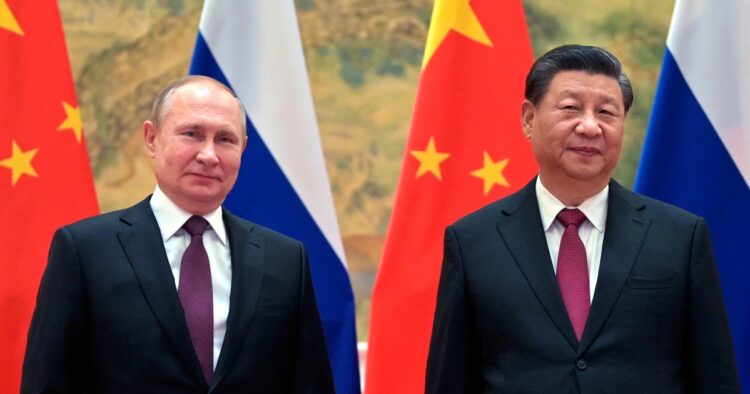China and the United States have managed to find common ground despite their differences. Following a contentious meeting between Chinese President Xi Jinping and US Secretary of State Antony Blinken, the two nations agreed on a five-point consensus.
During the meeting, President Xi Jinping reassured Secretary Blinken that China is not intimidated by competition but emphasizes that cooperation should be reciprocal. Xi stressed that competition should lead to mutual progress rather than a zero-sum game.
Key areas of contention discussed included China’s support for Russia in the Ukraine conflict and its actions in the South China Sea, particularly concerning the Philippines and tensions in the Taiwan Strait. Xi urged the US to view China’s development positively to foster stable bilateral relations.
Secretary Blinken, in response, expressed concerns over China’s support for Russia’s defense industry, particularly in the context of the Ukraine conflict. He highlighted the need for China to take action to curb such support, warning of additional measures if necessary.
Despite the differences, both sides acknowledged the importance of cooperation and communication.
They reached a consensus to maintain consultations on international and regional issues, strengthen communication between special envoys, and continue efforts to stabilize and develop bilateral relations under the guidance of their leaders.
In addition, both nations agreed to hold the first meeting of the China-US intergovernmental dialogue on artificial intelligence and to advance consultations on principles guiding their relations and maritime affairs in the Asia-Pacific region.
Moreover, measures to expand cultural and people-to-people exchanges were discussed, including welcoming students from each other’s countries.
While the relationship between China and the US is showing signs of stabilization, challenges remain. Both sides acknowledged the presence of “negative factors” testing their relationship but expressed commitment to finding common ground and addressing concerns through dialogue and cooperation.

















Comments